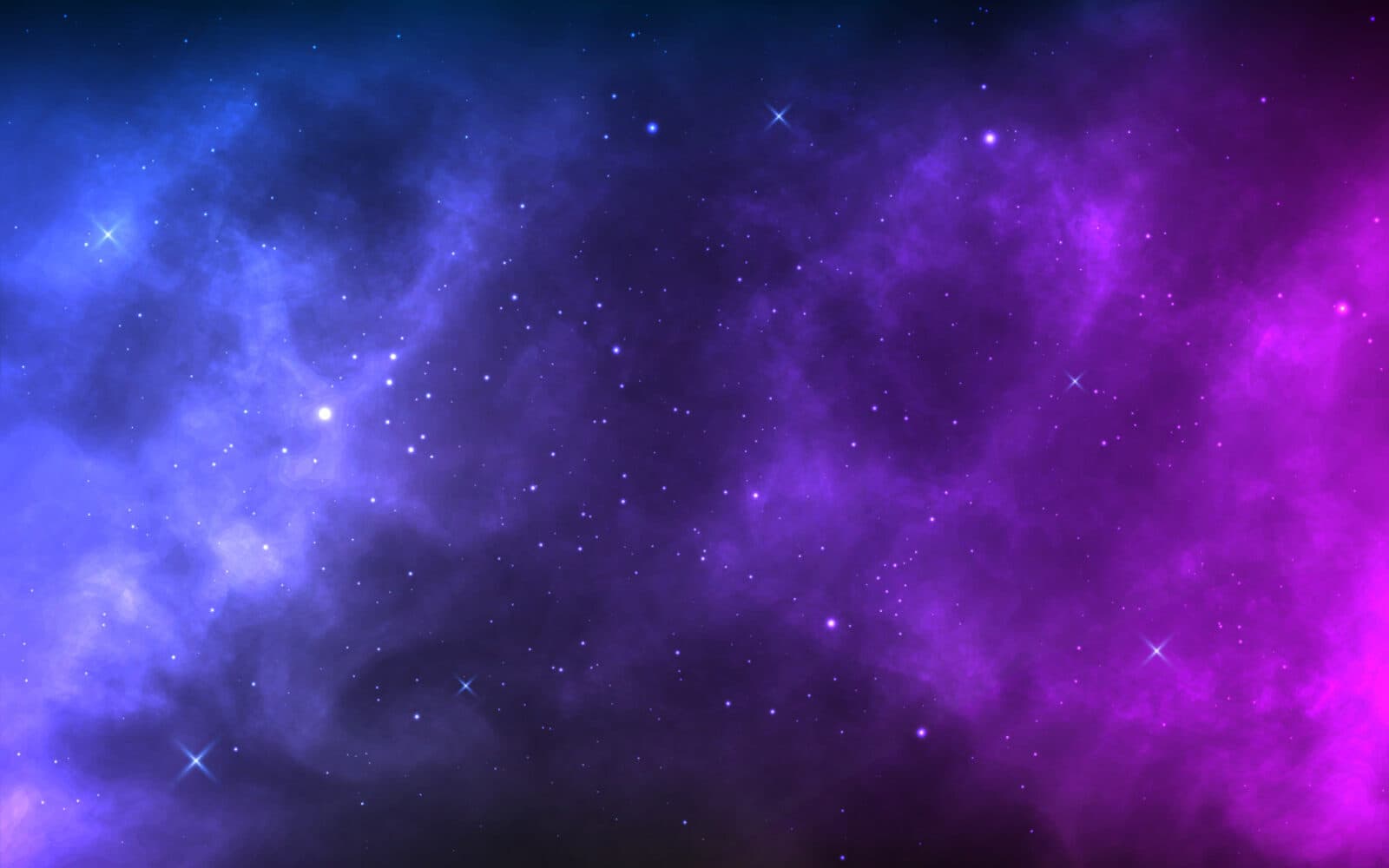Google Hangout: NSF Physics Frontiers Centers - The Kavli Institute for Cosmological Physics
Kavli Institute for Cosmological Physics (KICP) researchers talk about the exciting science going on at the institute, including research on the cosmic microwave background and dark matter.

The Researchers
Funded by the National Science Foundation (NSF), the Physics Frontiers Centers are pushing the frontiers of science across the disciplines of physics. The Kavli Institute for Cosmological Physics (KICP) is a Physics Frontiers Center tackling the big questions in cosmology — dark matter, dark energy and how the Universe began.
The NSF Physics Division hosted a live hour-long Google Hangout with Michael S. Turner, director of the Kavli Institute for Cosmological Physics (KICP). Turner will be joined by other members of KICP to talk about the exciting science going on at the institute including research on the cosmic microwave background and dark matter. No matter what your area of physics or the stage of your physics education or career, tune in to hear all about KICP and what makes it an NSF-funded Physics Frontiers Center. Submit questions ahead of and during the webcast by using the hashtag #NSFLive on Twitter or Google+.

About the Participants (left to right)
- MICHAEL S. TURNER – Director of the Kavli Institute for Cosmological Physics, as well as the Bruce V. and Diana M. Rauner Distinguished Service Professor at the University of Chicago. Turner helped establish the interdisciplinary field that combines together cosmology and elementary particle physics to understand the origin and evolution of the Universe. His research focuses on the earliest moments of creation, and he has made contributions to inflationary cosmology, particle dark matter and structure formation, the theory of big bang nucleosynthesis, and the nature of dark energy.
- ABIGAIL VIEREGG – Member of the Kavli Institute for Cosmological Physics, and assistant professor at the University of Chicago, is interested in answering some of the most exciting and fundamental questions about the nature of the universe at its highest energies, through experimental work in particle astrophysics and cosmology. In particle astrophysics, her work is focused on searches for particles called neutrinos that come from the most energetic sources in the universe. These particles will help researchers determine the origin of the highest energy cosmic particles. .
- TIM LINDEN - Member of the Kavli Institute for Cosmological Physics, and Einstein and KICP Postdoctoral Fellow at the University of Chicago, Linden's work has focused on methods for disentangling signals from dark matter annihilation at the center of the Milky Way galaxy from the many astrophysical background sources which are also present in this dense region of space.
- RANDALL LANDSBERG - Director of Education & Outreach for the Kavli Institute for Cosmological Physics at the University of Chicago.
- GREGORY MACK (moderator) – AAAS Science & Technology Policy Fellow in the National Science Foundation Physics Division.